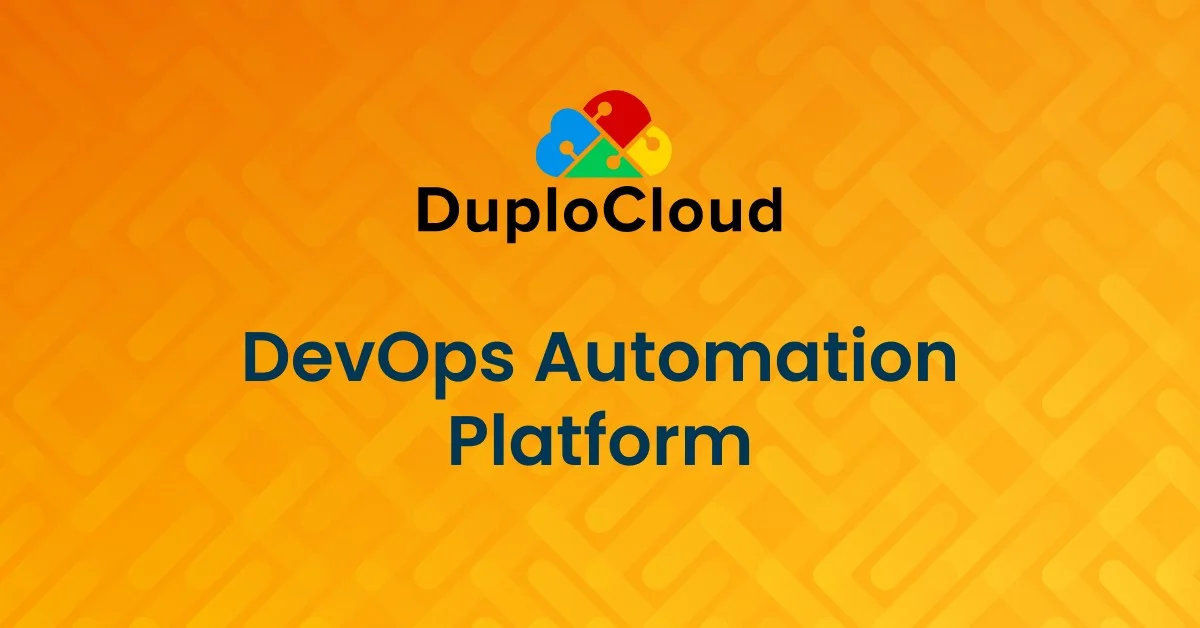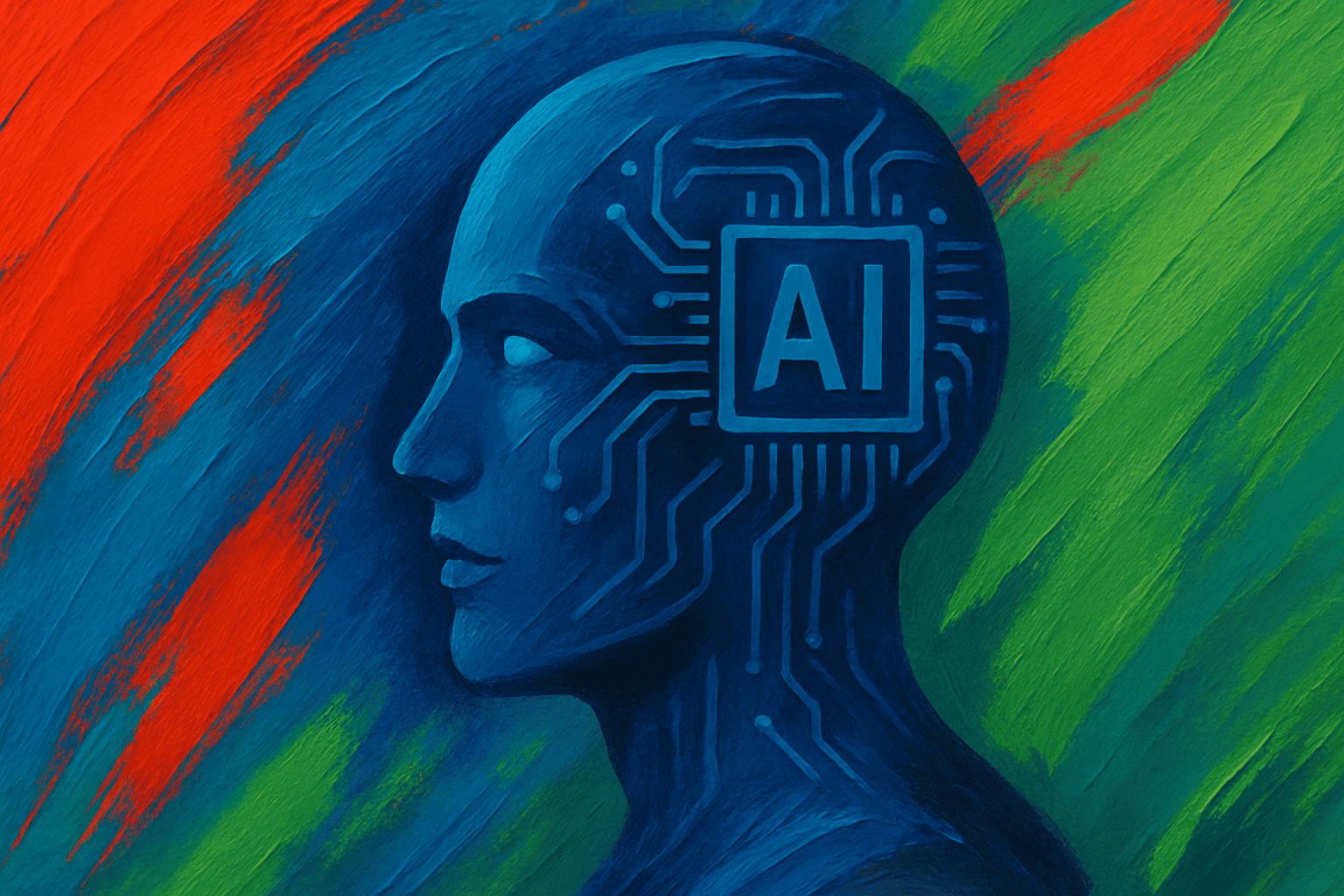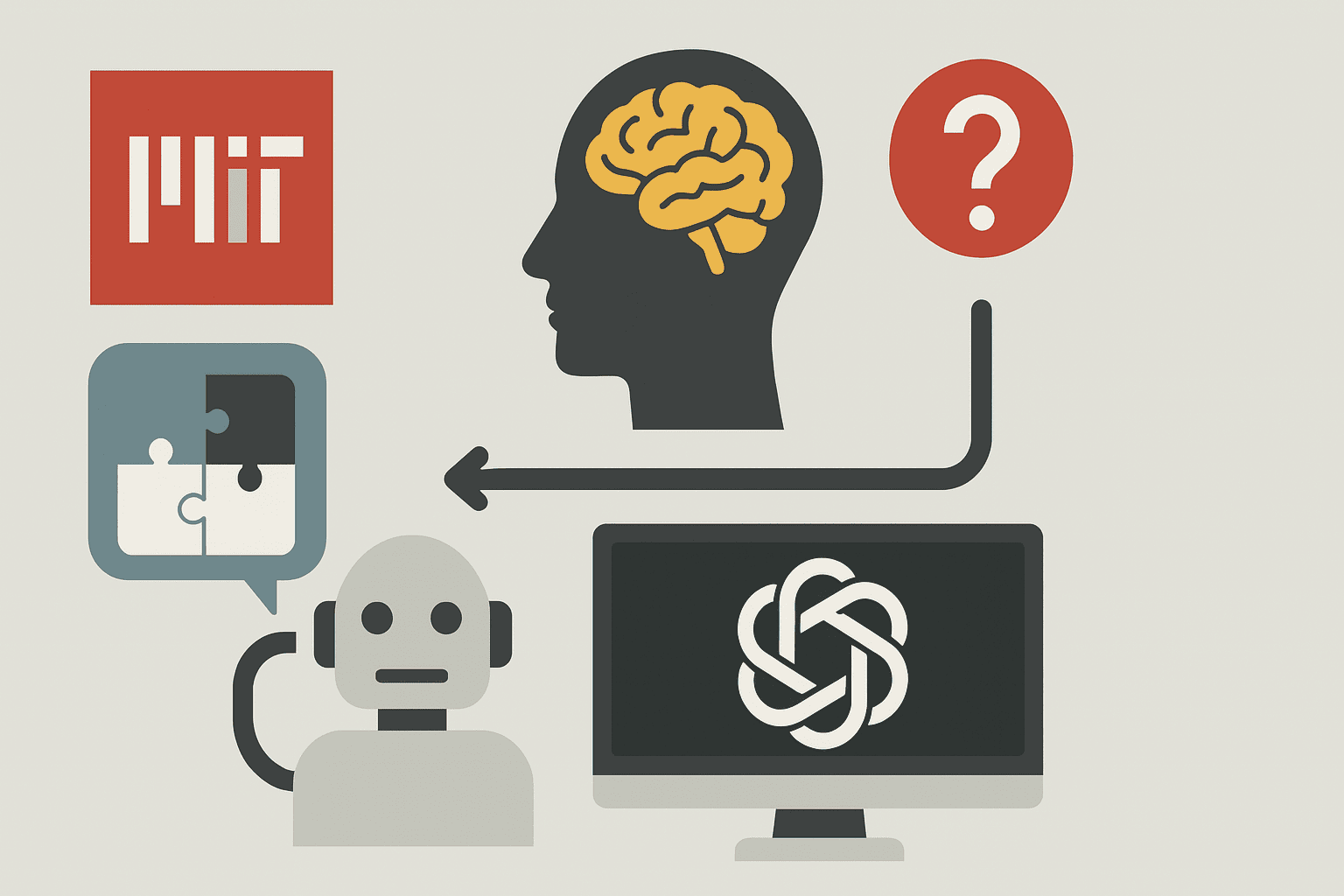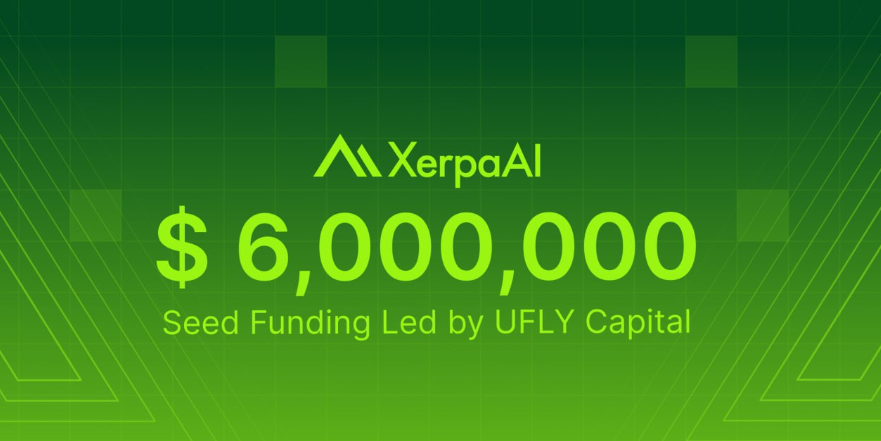“AI will probably lead to the end of the world. But in the meantime, great companies will be created with serious machine learning,” said Sam Altman, CEO of OpenAI. This quote depicts the paradox of the AI development process: its very creators sound off on its potential dangers even as they participate in a frenzied race for domination in the profitable landscape it creates.
The Rise of AI Titans
It’s a revolution whose stakes, for a few billionaires, mean the ability to control a technology that transforms everything. The new lawsuit filed by Elon Musk against OpenAI, a leading AI development firm, stresses the nature of the struggles within the industry. Musk accused OpenAI of being profit-oriented instead of following beneficial principles for humanity — an ironic accusation from someone whose own ventures are driven by profit. The lawsuit also reveals power struggles among tech moguls over control of AI.
Companies like NVIDIA, Microsoft and OpenAI have seen their valuations skyrocket, so they spend an arm and a leg on AI infrastructure. The stock of NVIDIA has soared to unprecedented heights with its production of AI chips. Again, this will become clearer when the representative cases of Microsoft, valued at $3 trillion and OpenAI, tripling in ten months, are brought up in the scale of their immense financial stakes.
Human Impact
While these billionaires and corporations are in a tussle to establish dominance in AI, the implications for society are much broader. Artificial intelligence is already set to revolutionize industries like health and retail. For all that, though, this shift could often come at a human cost. For instance, automation generated by AI is a threat to employment in quite a few sectors and might serve to further concerns regarding job security and economic inequality.
It is the stories of people like Sam Altman, the CEO of OpenAI, which demonstrate what is at stake in the AI race. Before being Open AI’s CEO, Sam Altman built a career out of controlling and expanding companies. He was the CEO of YCombinator, one of the most successful venture capital firms and tech incubators in the world. Before that, he was one of their partners. Working together with the other heads of YCombinator, he contributed to turning companies like Reddit, Airbnb and DoorDash into “unicorns” — companies that disrupt an industry by being so flush with cash that they can use aggressively.
An Altruism Illusion
After all, OpenAI began as a non-profit with the idealistic vision that AI should be oriented toward humanity. This has already started to be somewhat overshadowed by its orientation, not even four years in operation, into a “mixed profit” kind of an operation: non-profit with a heart at one end, capitalists at the other. The move allowed the firm to rope in some great investments but, on the flip side, also attracted some backlash for its departure from the company’s original mission. They claim that safety and ethics are top priorities, but their actions say otherwise. They warn the world of AI’s potential perils, yet they speed up their development to outpace rivals.
The Reality of AI Integration
As AI bleeds into every sphere, the effects on daily life are just beginning to expose themselves. For instance, it can undertake the duties of human nurses, interview job candidates and create written online content. All of these raise issues about the ethics and utility of the technology. In most cases, AI is both timely and cost-effective but rarely can take people’s welfare or interest into perspective and top priority.
And the AI, in the hands of very few great powers, stifles any form of competition and innovation. How are the smaller AI companies supposed to survive when they are up against behemoths like OpenAI and Anthropic, which command tens of billions in capital? In this way, this concentration of power reduces the notion of the free market, with many players advancing technology and consumer choice.
Collective Action: The Call
In any case, Elon Musk suing OpenAI further demonstrates how the competition in the AI world is contradictory. Though he criticizes OpenAI for being profit-oriented, he is in an equal bid to dominate the market with his ventures in AI. This hypocrisy brings out the essence of bringing AI development to scrutiny and more regulation. However, the historical path to change is in collective action towards technological progress. Recent movements, such as the writers’ strike or proposed legislation regarding a shorter work week, show how organized labor can be an effective way in which the future of work can be shaped.
Ensuring Equitable Benefits
The advance in AI development should be towards beneficial sharing with the rest of society. This is reasonably necessary because most AI systems depend on a significant amount of data generated by human labor; thus, the benefits of their advancement have to be shared by the entire society. Attention, therefore, has to focus on creating an ambiance where technology contributes to human capacity and quality of life rather than centralizing wealth and power among just a few hands.
In general, the battle of those billionaires for AI dominance cannot be simply taken as a technological race; it’s one of the fights that will restructure work, economy, and society. We must combat the other narrative about AI being an unstoppable force that doesn’t care about what we want. Our only way to do this is by asserting our demand for accountability and fairness in practices to ensure the kind of AI that serves the whole of humanity.
Featured image: Credit: Business Insider






